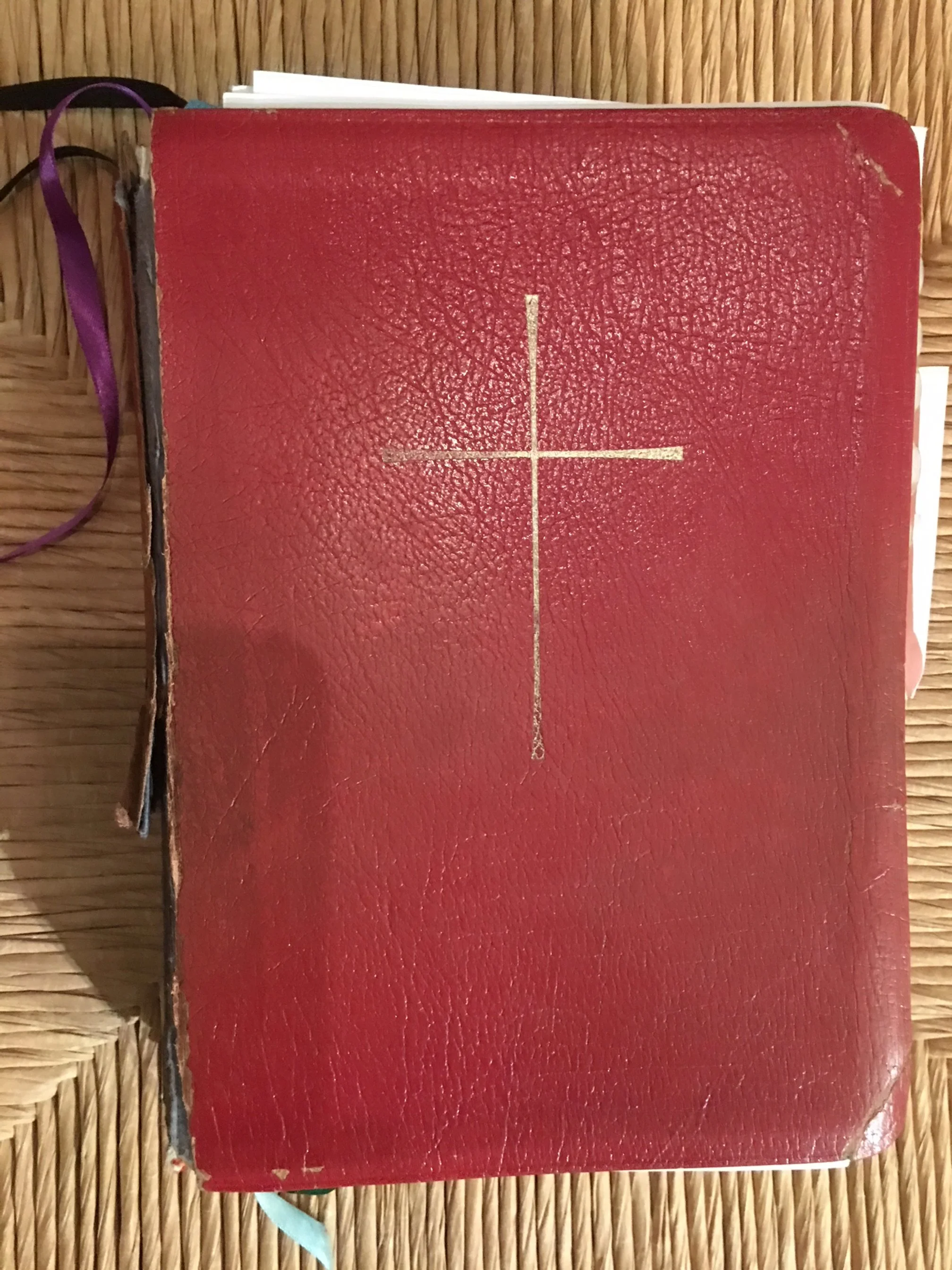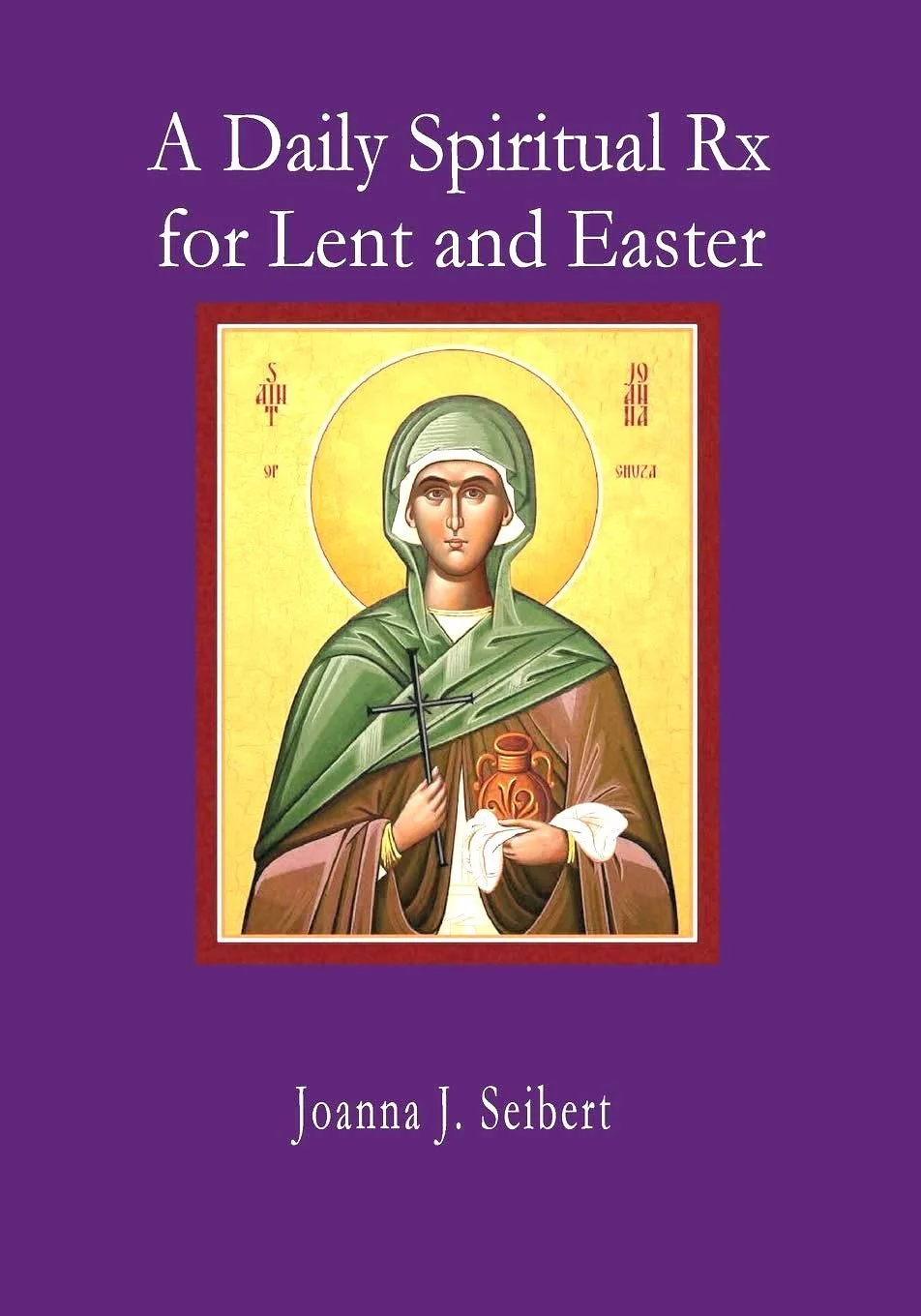Guest Writer: Jennifer Horne
Spiritual Practices and Paths for Difficult Times
Walking a Pandemic Path
“What we are looking for on earth and in earth and in our lives is the process that can unlock for us the mystery of meaningfulness in our daily lives. … Truly the last place it would ever occur to most of us to find the sacred would be in the commonplace of our everyday lives and all about us in nature and simple things.”—Alice O. Howell in The Dove in the Stone: Finding the Sacred in the Commonplace.
In March, during the pandemic, we listened to the endless honking of Canadian geese on the lake we live by, the sounds reminding me, in my fear and helplessness, of slowed-down ululations of grief. Sometime in April, when I could no longer stand to watch the images of COVID victims on the nightly news, I began doing tai chi in my study between 5:30 and six while my husband watched CBS.
I’d been doing tai chi a couple of times a week for the last seventeen years, after taking a class from James Martin, a kind, elegant Vietnam veteran who had learned the practice to soften the demons he’d brought home with him from war. James died fifteen years ago, and as I followed the path of the twenty-four poses, beginning, going through the sequence, returning to where I started, I felt grateful for the legacy he left, how he taught us to “take a little journey,” breathe, and let our minds rest as our bodies moved.
In fall, as darkness closed in and the days grew short and cold, I felt the need for some kind of outdoor movement, something brief but restorative, somewhere close by. Our house is nestled in woods, and I had been wanting to make a labyrinth but didn’t have the right spot for one. Instead, I made an oval meditation path in the woods off to the side of the house, finding, raking, and marking its circumference, then placing whimsical items along the way, all related to birds: an old birdhouse, in which I placed a bright orange plastic egg, a birdcage with no bottom, a piece of driftwood shaped like a heron’s head.
My favorite part is the approximately 2-x-2-foot nest of twigs I made at one turning in the path. As I walked, these things reminded me of how we were “nesting” at home but would be able to “fly farther afield” someday, and the shape of that simple path reminded me that life happens in cycles and circles as well as linear time.
Whenever my mind got too busy with pandemic thoughts, I loved going out and walking for as long as I needed to while I looked at branches, sky, and ground, so that my inner space came to resemble the outer calm and natural changes I was observing.
Staying home to stay safe from the virus, we weren’t going anywhere, and it felt constraining. Still, on my path, even though I walked in circles, it felt like I was going somewhere—somewhere deeper, more expansive, connected to a greater being, to an out-of-timeliness beyond the current fraught moment.
On the last day of March, I went out to the path after the rain stopped. The woods are greening at time-lapse speed, and the path is sprouting life: wild iris I’d never noticed before, and also the first shoots of the poison ivy that covers the woods in summer. Soon there will be ticks and chiggers and the occasional snake as well.
It’s time to leave the path until next fall, another cycle.
As I do my evening tai chi, repeating the phrase “this day, this light, this moment, this breath,” whenever I need to re-center myself, I move toward and then away from the window to the woods.
I can’t see the path now, but I know it’s there. I imagine, in times to come, it might remind me that even when I’m stuck, I still can find ways to move forward so that in walking my own small path, something good can happen.
Jennifer Horne
Poet Laureate of Alabama
Recent books:
Dodie Walton Horne in Root & Plant & Bloom: Poems by Dodie Walton Horne, edited by Jennifer Horne and Mary Horne.
Since this writing in 2021, Jennifer published in 2024, Odyssey of a Wandering Mind: The Strange Tale of Sara Mayfield and
Letters to Little Rock about memories of her father.
Joanna Seibert joannaseibert.com
.









